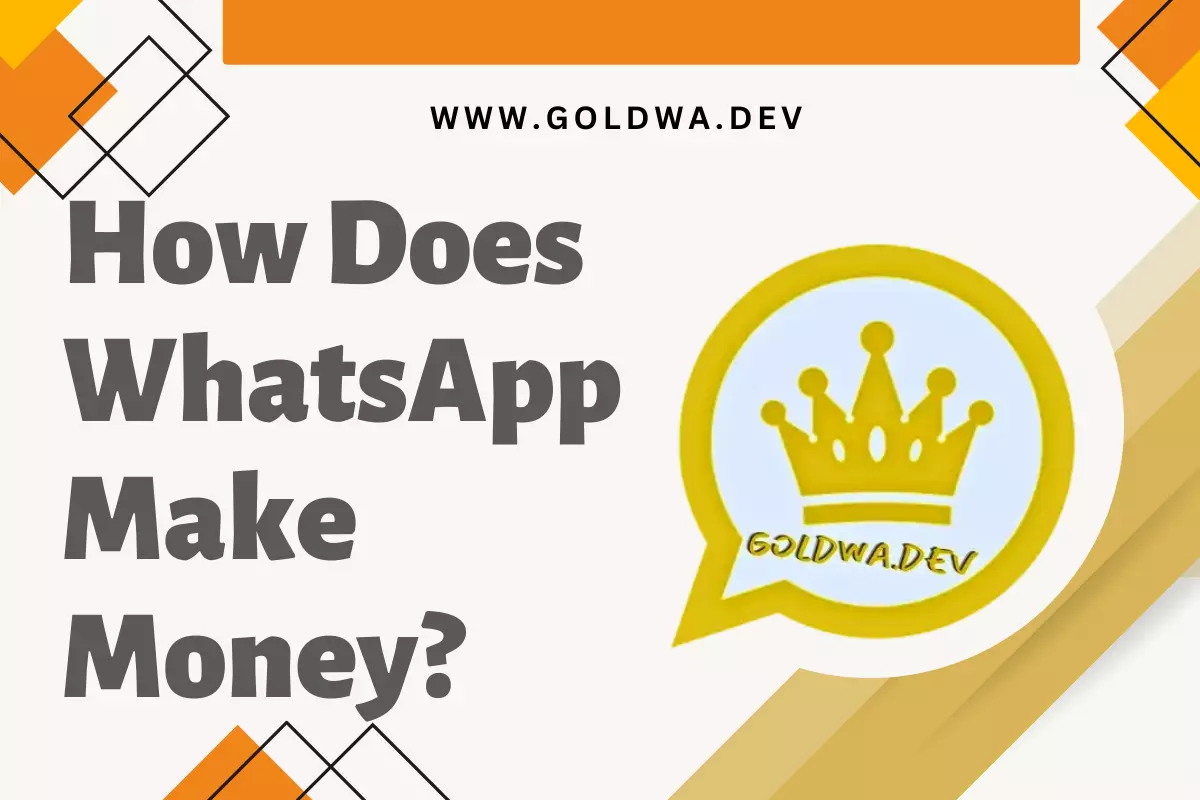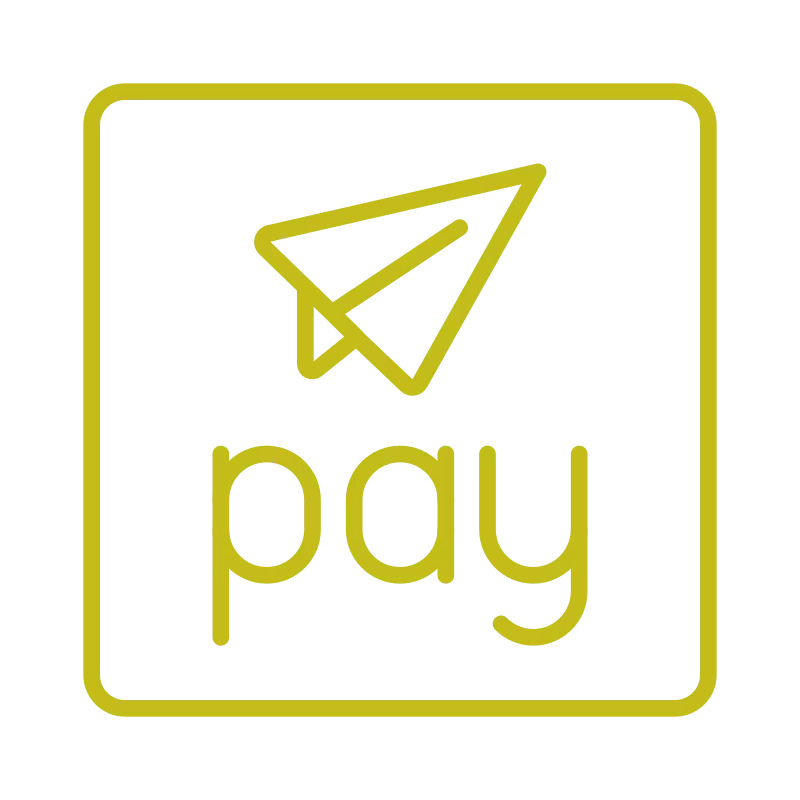WhatsApp, the popular messaging application used by billions worldwide, has become an integral part of our daily communication. However, many users wonder how WhatsApp generates revenue considering its free-to-use nature. In this article, we will delve into the revenue model of WhatsApp and shed light on the strategies it employs to monetize its platform. So, let’s explore the intriguing world of WhatsApp’s financial landscape.
Check This – Gold WhatsApp

Top Ways WhatsApp Makes Money
Subscription Fees:

In its early days, WhatsApp used a subscription-based model, where users had to pay a nominal fee after the first year of usage. This approach allowed WhatsApp to generate revenue directly from its user base. However, in 2016, WhatsApp announced that it was scrapping the annual subscription fee, making the app completely free for all users. This move aimed to enhance user engagement and attract a wider user base.
WhatsApp Business API:

To cater to the growing demand from businesses, WhatsApp introduced the WhatsApp Business API. This application programming interface allows businesses to integrate WhatsApp into their customer service operations and engage with their customers more effectively. While WhatsApp charges a fee for using this API, the specifics of the pricing structure may vary depending on the business’s scale and requirements.
Enterprise Solutions:

WhatsApp provides enterprise solutions for larger businesses to streamline their communication and customer engagement. These solutions offer features such as verified business profiles, automated responses, and messaging tools for efficient customer support. While the pricing details of these enterprise solutions are not publicly disclosed, they serve as a source of revenue for WhatsApp.
WhatsApp Payments:

WhatsApp has introduced a payment feature in select regions, enabling users to send and receive money directly within the app. This feature, known as WhatsApp Payments, allows users to link their bank accounts and conduct peer-to-peer transactions seamlessly. WhatsApp may earn revenue through transaction fees or partnerships with financial institutions as a part of this payment service.
Future Monetization Opportunities:

Although WhatsApp’s revenue streams currently revolve around the aforementioned strategies, it continues to explore potential avenues for monetization. This includes initiatives such as targeted advertising, in-app purchases, and collaborations with businesses for promotional purposes. However, it is important to note that WhatsApp is committed to maintaining user privacy and ensuring that any future monetization efforts align with its user-first philosophy.
Conclusion
WhatsApp, despite being a free-to-use messaging platform, has developed various revenue models to sustain its operations and drive profitability. From subscription fees (previously) to the WhatsApp Business API, enterprise solutions, and the introduction of WhatsApp Payments, the company has diversified its income streams. While WhatsApp continues to explore new avenues for monetization, it remains dedicated to preserving user privacy and delivering a secure messaging experience. As WhatsApp evolves, it will likely strike a balance between generating revenue and providing value to its vast user base. Tuned with our website for more amazing blogs on WhatsApp.